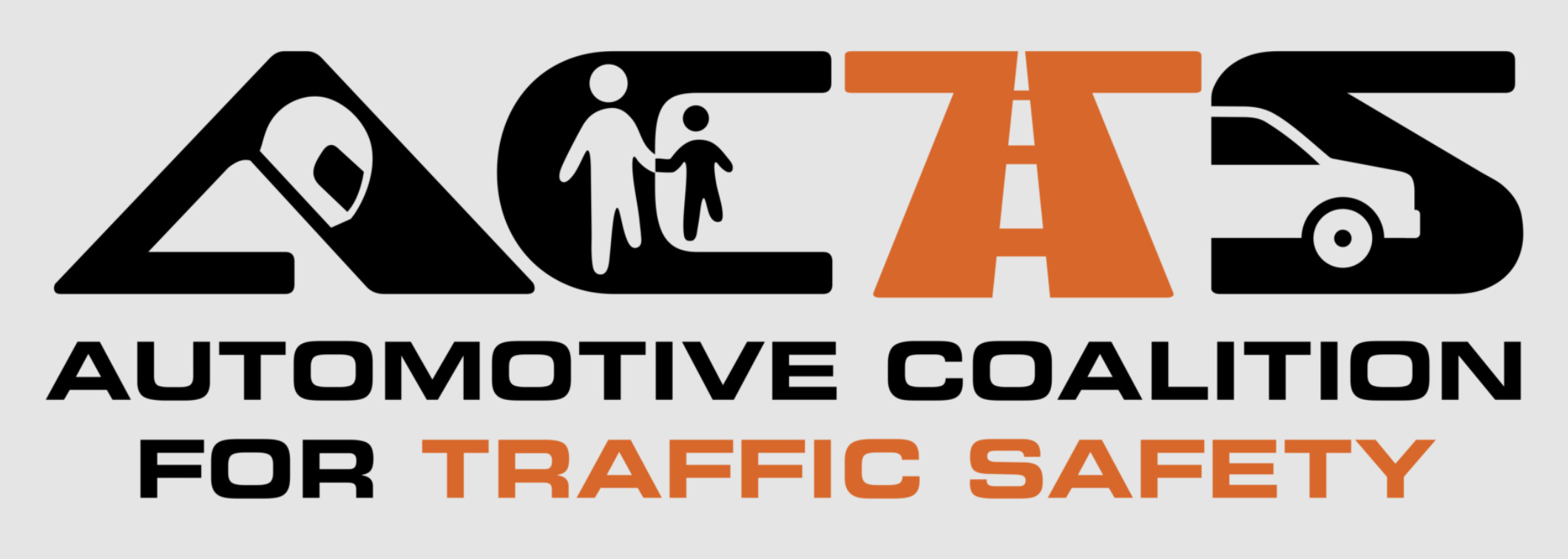MARCH 21, 2024 — Today the Automotive Coalition for Traffic Safety (ACTS) released the following statement on a new report exploring privacy in driver monitoring systems and impairment detection technologies issued today by the Future of Privacy Forum (FPF).
ACTS, made up of the world’s leading automakers, has been working with the National Highway Traffic Safety Administration (NHTSA) through a public-private partnership known as the Driver Alcohol Detection System for Safety (DADSS). The Program’s goal is to invent, test, and deploy new alcohol detection technologies for widespread use in vehicles of the future. The technologies are designed to measure and precisely quantify blood alcohol concentration (BAC) in drivers and prevent a vehicle from moving if the driver is over the legal limit.
“Protecting consumer privacy has always been a priority for the DADSS Program, and we want to do everything we can to build trust with consumers and ensure their data is protected,” said Rob Strassburger, CEO of the Automotive Coalition for Traffic Safety. “Consumers have a right to know if their data is being collected and used, and we fully support enhancing privacy safeguards to make sure their privacy is protected.”
The report includes insights from a survey that gauges drivers’ attitudes toward the use of these emerging technologies and explores how to prioritize privacy protection. ACTS worked in partnership with FPF on the survey to reinforce its attention to consumer privacy and help the greater traffic community understand how the public feels about the nexus between privacy and safety, so privacy will remain a priority.
“It’s clear from FPF’s research that consumers care about both safety and privacy, and they should not have to choose one over the other when purchasing vehicles with new safety technologies,” Strassburger added. “FPF’s work can help all technology developers understand how the public feels about the nexus between privacy and safety, so privacy remains a priority. These recommendations are already being incorporated into our work, and we encourage all developers, suppliers and automakers to review the recommendations and do the same.”
The survey results and report come as the National Highway Traffic Safety Administration (NHTSA) recently completed its first public notice and comment request for information through its advanced notice of proposed rulemaking (ANPRM) for Advanced Impaired Driving Prevention Technology. The ANPRM is intended to help satisfy the requirements of the 2021 Infrastructure Investment and Jobs Act, which directs NHTSA to issue a rule for all new passenger motor vehicles to be equipped with “advanced drunk and impaired driving prevention technology.” The technologies being developed under the DADSS Program are among those being considered to satisfy the requirements of the rulemaking.
For more information about the DADSS Program, visit www.dadss.org/
More information on the Future of Privacy Forum (FPF)’s report can be found here.
